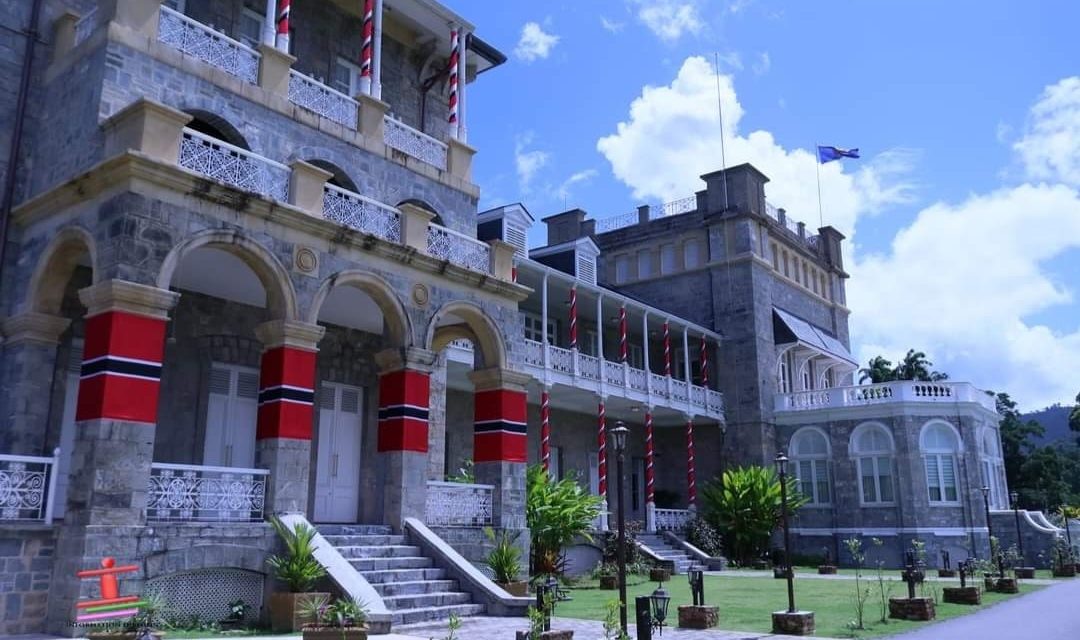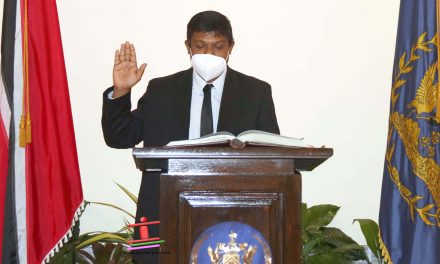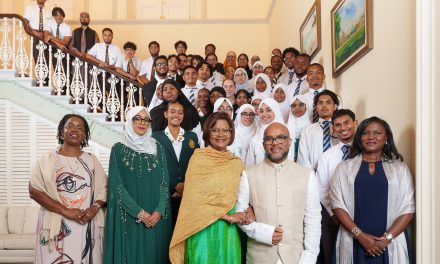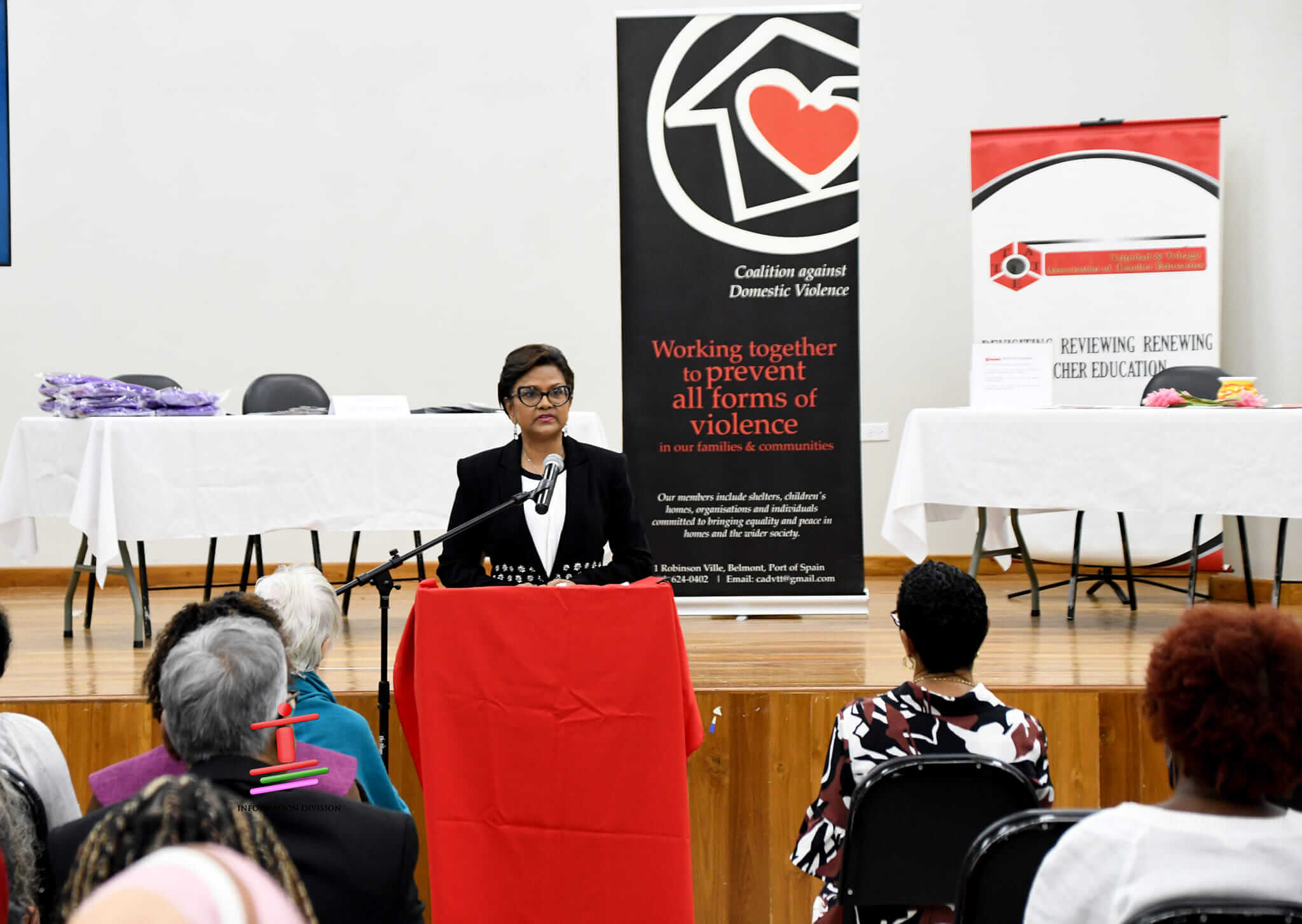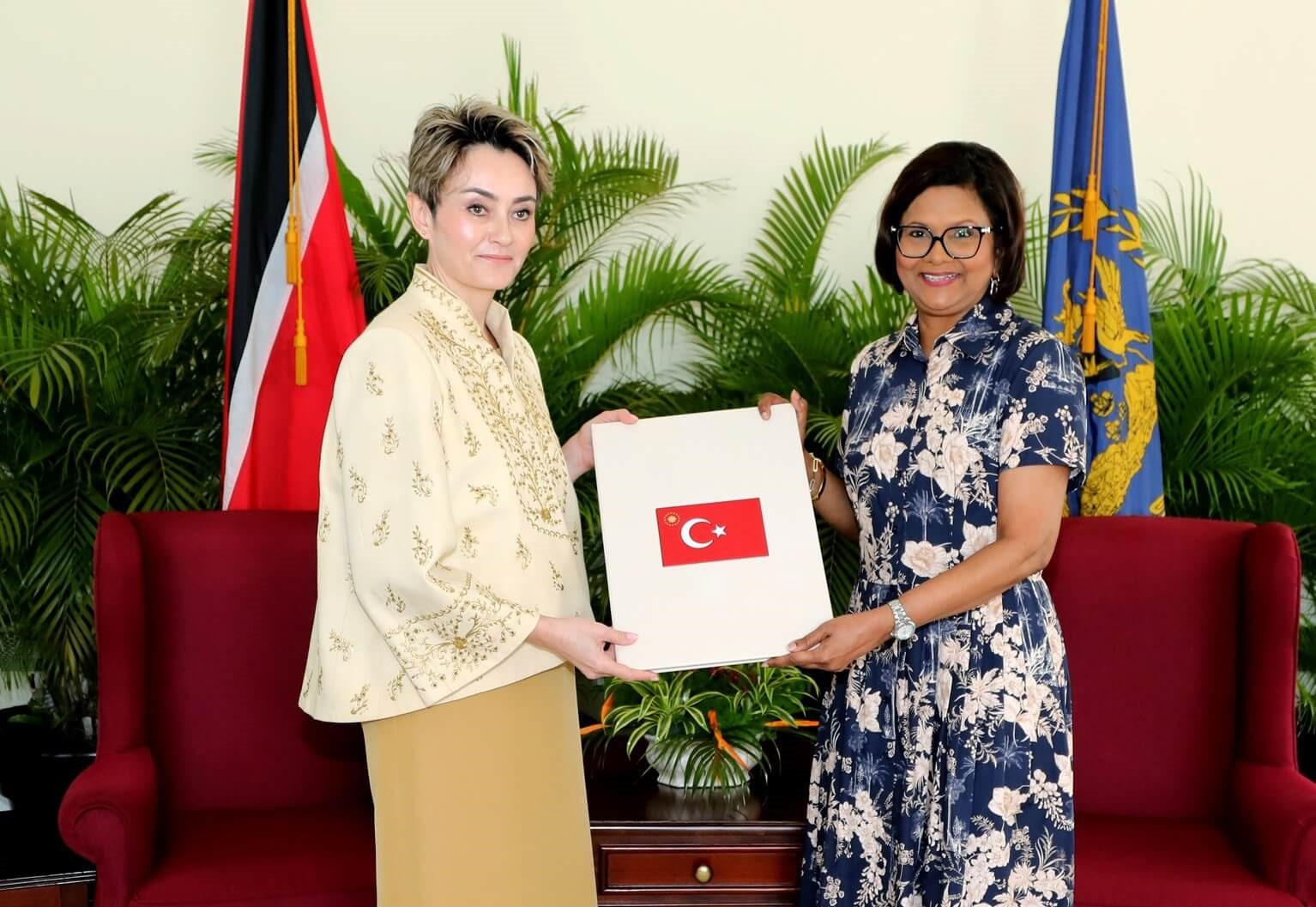This year marks 46 years since the people of Trinidad and Tobago severed the last of the colonial strings and embraced Republican status. What were the tangible benefits, if any, of that change and have they had any salutary effect on our system of governance?
From 1962, independent status afforded Trinidad and Tobago control of its day-to-day affairs. Power was transferred from the Crown to the people—gone were the days when critical decisions that affected our daily lives were made by a distant sovereign. However, Her Majesty the Queen remained our Head of State, with the Governor-General as her representative. Upon taking office, the Governor-General, Ministers of Government, Judicial officers and other office-holders pledged an oath of allegiance to Her Majesty, her heirs and successors; not to Trinidad and Tobago.
Transferring that allegiance to the people of Trinidad and Tobago was a natural and necessary next step in our journey of self-realisation. It was felt that true independence required complete sovereignty, with an indigenous Head of State, in whom, as written in the Republican Constitution, executive authority is vested. This was achieved, when on 1st August, 1976, Trinidad and Tobago became a Republic. On 24 September, our Parliament convened for the first time under the new Republican Constitution.
The Republican Constitution created new and significant offices, including that of President, with its critical function of ensuring the independence of other important public offices, for example, the Chief Justice, Independent Senators and Members of Commissions. In a number of these offices, the President would act in his/her discretion and for others, after consultation with other holders of high office. Interestingly, it is debateable whether the transition to a republic has brought about any sea-change in the roles, function and responsibility of President vis-à-vis Governor-General in light of the fact that Trinidad and Tobago has a non-executive presidency, notwithstanding the constitutional wording.
The average citizen, even after 46 years of Republican statehood, still, when reference is made to “the President”, tends to think of the Guyana and US executive-type president, who is both head of state and head of government, exercises control over the Cabinet and other arms of government, and is involved in the day to day running of the country. Under our Republican Constitution, the President does not exercise any direction or control of the government and has no constitutional or other legal power or authority over the operations of government agencies.
The word Republic is derived from the Latin term “res publica”, meaning ‘public affair’. It describes a form of government in which the affairs of the nation are public, rather than private, concerns. They are the business of us all. On becoming a republic, we signalled to the world that every member of society, not just those elected to office, was ready and prepared to take full charge of and care for its affairs.
For republican status to have any meaningful significance, the people must be willing to take up this mantle of responsibility and in order to do so effectively, citizens must be informed and educated—doing their own research and interrogating their sources of information—not accepting lock, stock and barrel what appears in the media, traditional or social; at best that can be a jump off point for further reading and investigation and the forming of their own reasoned opinion. Armed with rational views obtained from this process, citizens must become watchful and aware of the elements of the political process—watching parliament proceedings, following the reading of the budget and monitoring government releases and communications. An alert citizen can become engaged and involved in the political process—not necessarily in party politics—but by voicing and conveying concerns to elected officials, attending public consultations, creating their own platforms where none exist or are accessible, advocating for issues, and of course, voting.
In the process, be prepared to roll up your sleeves and get your hands dirty. Nation-building is no task for the fainthearted and full immersion by every citizen is required if we are to fulfil our potential as a republic. In order for Republic Day to mean more than just another public holiday, it is critical to have enthusiastic, intelligent and sustained participation in all matters that affect us day-to-day and in the long term. The price of a model republic is, like that of liberty, eternal vigilance.
I wish the people of the Republic of Trinidad and Tobago a purposeful Republic Day.

